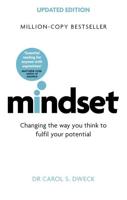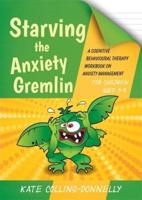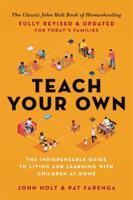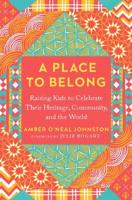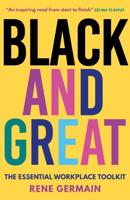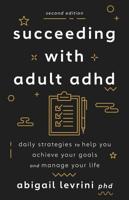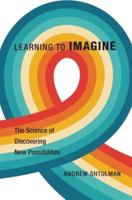Publisher's Synopsis
Blind and visually impaired children experience the world in unique ways. To help them learn and develop, parents and teachers need to understand how such children relate to their environment. Felicity Harrison and Mary Crow, who have spent years working with blind children and their families, offer practical strategies for encouraging the blind child's development and interaction with his or her family and school community. The authors begin by discussing the reactions of parents when they learn their child is visually impaired, perhaps even multihandicapped. They go on to provide insights into what it means not to see well and techniques for encouraging the child to use whatever vision he or she may have. They suggest activities that parents or teachers can share with a blind child, from songs, games, and crafts to projects around the house and ways to enjoy a walk together. They discuss the nursery school experience and offer ideas on how to make it enjoyable and rewarding. A final chapter addresses preventive and remedial measures; it focuses on the nonvisual perspective and explains how to perceive things from the blind child's point of view. Parents and preschool teachers of visually impaired children will find this a welcome guide to coping with day-to-day challenges and enhancing the child's education and development.




